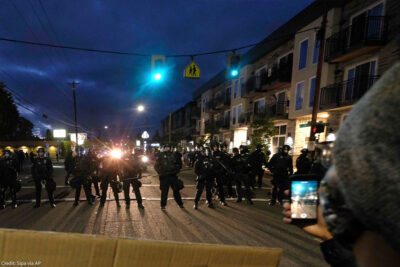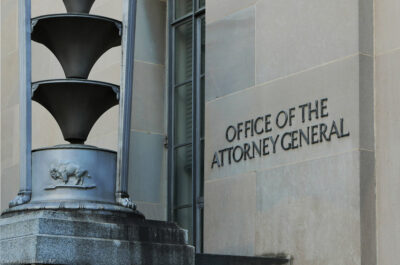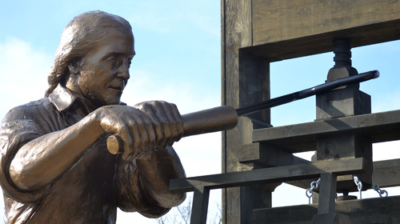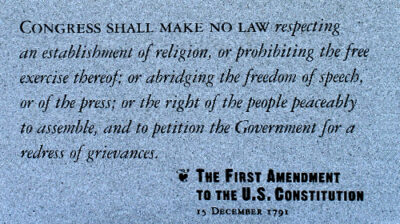Media Protection Laws
The ACLU works in courts, legislatures, and communities to defend and preserve the individual rights and liberties that the Constitution and the laws of the United States guarantee everyone in this country.

The Latest
Explore More
What's at Stake
Although virtually every state has a law protecting reporters from having to disclose to law enforcement sensitive information about their reporting, including the identity of confidential sources, Congress and the federal courts have refused to recognize such a privilege. As a result, reporters have been subpoenaed by prosecutors to disclose confidential sources, and they face jail time if they refuse.
In 2014, for instance, a federal court ruled that James Risen, a Pulitzer Prize-winning investigative reporter, had to testify in the trial of Jeffrey Sterling, a CIA whistleblower accused of revealing a botched CIA operation to hinder Iran’s nuclear weapons research. Risen, like many reporters before him, flatly refused to divulge his source and said he would go to jail for contempt before testifying.
The media, especially in these national security cases, serves as an essential check against government malfeasance and can function only when it can guarantee the safety and anonymity of sources. Federal legislation is desperately needed to finally include these protections in law.
The ACLU has been a staunch supporter of these federal “media shield” laws, including the Free Flow of Information Act, which passed the Senate Judiciary Committee with bipartisan support in 2014. We will continue to work in the courts and Congress to ensure reporters can do their job and hold the government accountable without fear that either they or their sources will be arrested and prosecuted merely for reporting the truth.
Although virtually every state has a law protecting reporters from having to disclose to law enforcement sensitive information about their reporting, including the identity of confidential sources, Congress and the federal courts have refused to recognize such a privilege. As a result, reporters have been subpoenaed by prosecutors to disclose confidential sources, and they face jail time if they refuse.
In 2014, for instance, a federal court ruled that James Risen, a Pulitzer Prize-winning investigative reporter, had to testify in the trial of Jeffrey Sterling, a CIA whistleblower accused of revealing a botched CIA operation to hinder Iran’s nuclear weapons research. Risen, like many reporters before him, flatly refused to divulge his source and said he would go to jail for contempt before testifying.
The media, especially in these national security cases, serves as an essential check against government malfeasance and can function only when it can guarantee the safety and anonymity of sources. Federal legislation is desperately needed to finally include these protections in law.
The ACLU has been a staunch supporter of these federal “media shield” laws, including the Free Flow of Information Act, which passed the Senate Judiciary Committee with bipartisan support in 2014. We will continue to work in the courts and Congress to ensure reporters can do their job and hold the government accountable without fear that either they or their sources will be arrested and prosecuted merely for reporting the truth.



